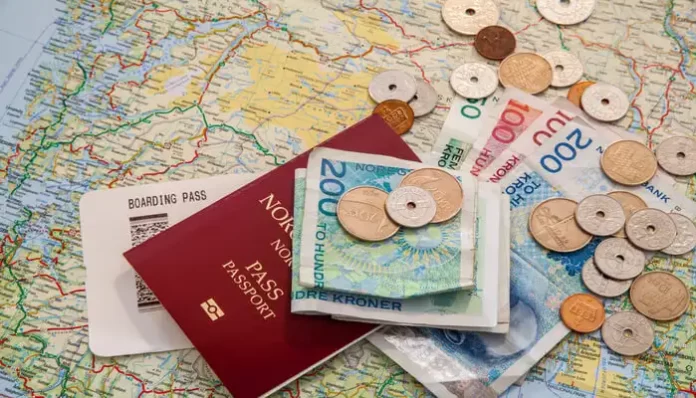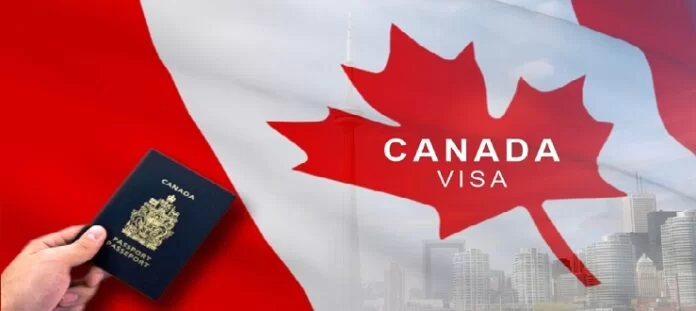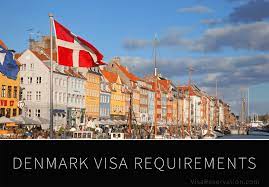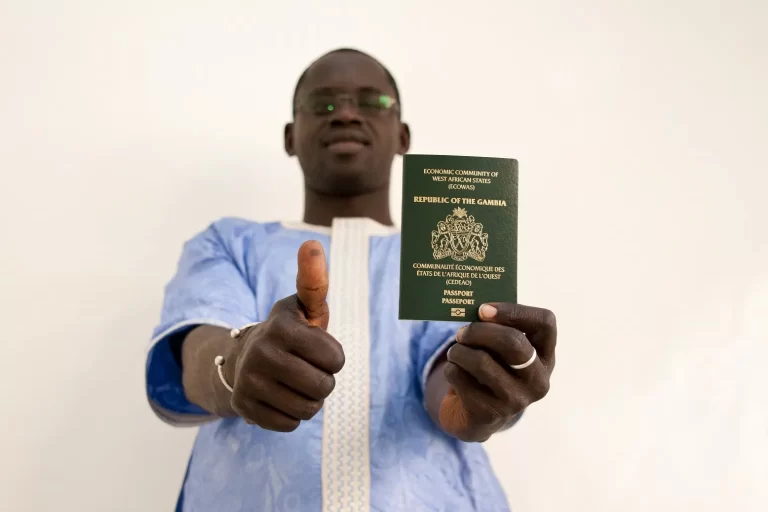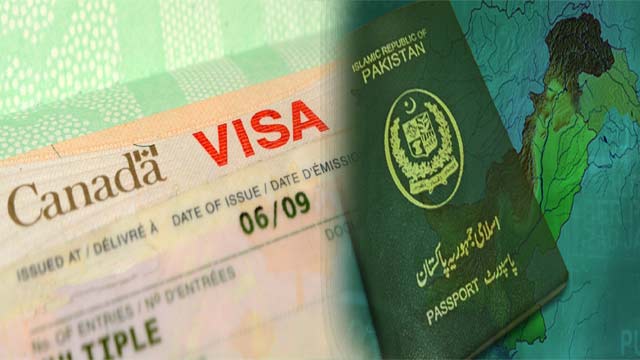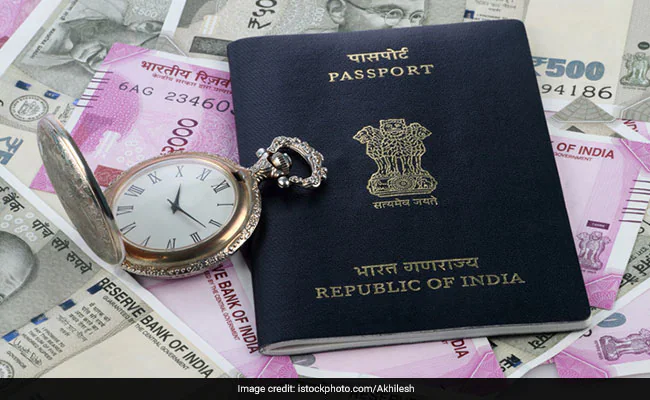The Importance of Understanding the Indian Visa Application Process
Are you planning a trip to India? Whether it’s for business, pleasure, or spiritual exploration, understanding the Indian visa application process is crucial. With so many different types of visas and requirements, navigating this process can be overwhelming. But fear not! In this blog post, we’ll break down everything you need to know about applying for an Indian visa and why it’s important to understand the process before embarking on your journey. So grab a cup of chai and let’s dive in!
Overview of Indian Visa Types for Britons and French Citizens
There are generally two types of visas that are available for Britons and French citizens who wish to visit India – the Tourist Visa and the Business Visa. However, there are a few other types of visas that may be required in specific circumstances, such as the Student Visa, the Employment Visa, or the Transit Visa. It is important to note that all visa types have different requirements and conditions, so it is important to choose the right visa type for your specific purpose of travel. Indian Visa from Britain
The Tourist Visa is the most common type of visa required for leisure travel to India. This visa allows for a stay of up to 6 months in India, and can be easily obtained through any Indian consulate or embassy.
The Business Visa is typically required for business travel, although it can also be used for certain types of employment or study. This visa allows for a stay of up to 1 year in India, and can be obtained through an Indian consulate or embassy with supporting documentation from your employer or educational institution.
The Student Visa is required for any foreigner wishing to study at an Indian educational institution. This visa allows for a stay of up to 5 years in India, and must be obtained through an Indian consulate or embassy with supporting documentation from your chosen educational institution.
The Employment Visa is required for any foreigner wishing to take up employment in India. This visa allows for a stay of up to 2 years in India, and must be obtained through an Indian consulate or embassy with supporting documentation from
Required Documents for a Visa Application
There are a few required documents for a visa application. The first is a passport that is valid for at least six months beyond your stay in India. The second is a photograph that is taken within the last three months. The third is a completed visa application form. The fourth is a letter of invitation from either the sponsoring organization or an individual in India. Lastly, you will need to provide proof of financial capability, such as a bank statement or credit card statement. Indian Visa for French Citizens
What to Expect During the Indian Visa Process
The Indian visa process can be confusing and complicated, but it’s important to understand the process in order to get the correct visa for your needs. Here’s what you can expect during the Indian visa application process:
- You’ll need to fill out an online application form. This form will ask for basic personal information, as well as your travel plans.
- You’ll need to upload a passport-style photo. Make sure that this photo meets all of the requirements, or your application may be rejected.
- You’ll need to pay the visa fee. This can be done online or in person at a designated location.
- Once your application is complete, you’ll need to submit it for processing. This can take up to several weeks, so plan accordingly.
- After your application is processed, you’ll receive your visa via email or post. Make sure to keep this safe, as you’ll need it when you travel to India!
Tips for Efficiently Navigating the Application Process
There are a few key things to keep in mind when navigating the Indian visa application process:
- Start the process as early as possible. The earlier you start, the more time you will have to gather all of the required documentation.
- Make sure you have all of the required documentation. This includes a valid passport, photos, and any other documents that may be required by the Indian government.
- Fill out the application completely and accurately. Incomplete or inaccurate applications can cause delays in processing.
- Pay close attention to the instructions on the application form. Following the instructions carefully will help ensure that your application is processed efficiently.
- Be prepared to submit additional documentation if requested by the visa office. Additional documents may be required in order to complete your application file.
Common Challenges with Applying for an Indian Visa
There are a number of common challenges that people face when applying for an Indian visa. The first is that the process can be quite complicated and time-consuming. There are a lot of different documents that need to be submitted, and it can be difficult to keep track of everything. Additionally, the process often requires multiple trips to the embassy or consulate, which can be costly and inconvenient.
Another common challenge is that the requirements for an Indian visa can change depending on what country you are coming from. For example, citizens of some countries may need to submit additional documentation or get a special type of visa. This can make the process even more confusing and difficult to navigate.
Finally, it is important to keep in mind that the Indian visa application process is subject to change at any time. The requirements may become more or less stringent, or new requirements may be introduced. It is important to stay up-to-date on the latest information to avoid any potential problems.
Conclusion
In conclusion, it is essential to understand the Indian visa application process in order to ensure that you have a successful and stress-free experience. With sufficient research and preparation, travelers can save time and money when applying for visas. Furthermore, understanding the requirements of each type of visa helps travelers make informed decisions so that they may travel legally with peace of mind.
